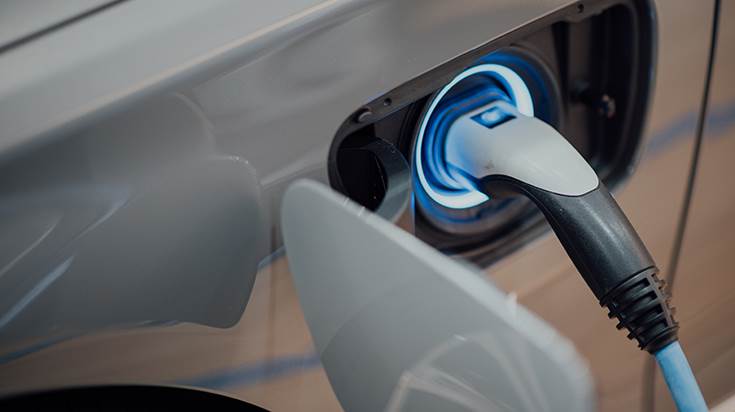The European Automobile Manufacturers’ Association (ACEA) is making an urgent plea to the European Commission to act immediately to prevent taxes being imposed on electric vehicles traded between the EU and the UK from January 2024.
If the Commission fails to act, a 10% tariff will be placed on EU electric vehicle exports to the UK – its largest trading partner. This could cost EU vehicle makers 4.3 billion euros (Rs 37,788 crore) over the next three years, potentially reducing electric vehicle production by some 480,000 units, the equivalent output of two average-size auto factories.
Under more restrictive ‘rules of origin’ due to apply from January, the only way to avoid these duties will be to source all battery parts and some critical battery material in the EU/UK. This is practically impossible to achieve today.
“Driving up consumer prices of European electric vehicles, at the very time when we need to fight for market share in the face of fierce international competition, is not the right move – neither from a business nor an environmental perspective,” stated Luca de Meo, ACEA President and CEO of Renault Group. “We will effectively be handing a chunk of the market to global manufacturers.”
“Europe should be supporting its industry in the net-zero transition as other regions do – not hindering it,” added de Meo. “There is a very simple and straightforward solution: extend the current phase-in period for battery rules by three years. We urge the Commission to do the right thing.”
Massive investments are being made in European battery supply chains, but more time is needed to build up the kind of scale needed to meet the rules of origin

WHAT ARE RULES OF ORIGIN?
• When goods are exported under the terms of EU free-trade agreements (FTAs), they must comply with rules of origin (ROO) to obtain tariff preferences
• The standard ROO for vehicles is either 40 or 45% non-originating content (NOM), with the UK (temporarily) exempt from this rule
• Given the relative value of a battery in a motor vehicle (30-50% depending on the type, size, and value), if the battery does not ‘originate’, it is almost impossible for manufacturers/exporters to meet the rule at the vehicle level
HOW DO THEY WORK TODAY?
• If EU electric vehicles do not comply with rules of origin, export tariffs must be paid (10% to the UK)
• In the current first transitional period of the UK Trade and Cooperation Agreement (TCA), the ROO require that batteries be assembled in Europe
• All batteries made in Europe qualify for European origin under this arrangement. This rule will apply until 31 December 2023, and the compliance rate is around 99%
WHAT HAPPENS FROM JANUARY 2024?
• From 2024 until the end of 2026, there will be a second transitional period with significantly more restrictive rules
ALSO READ: EU new car sales up 21% in August, BEVs exceed 20% share for the first time
